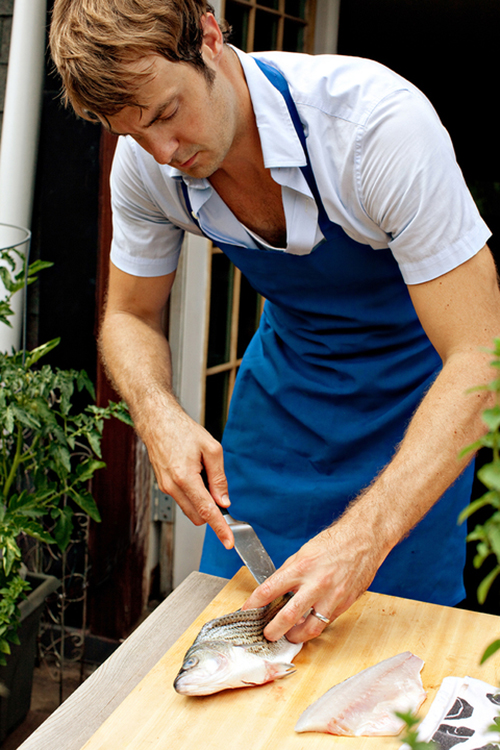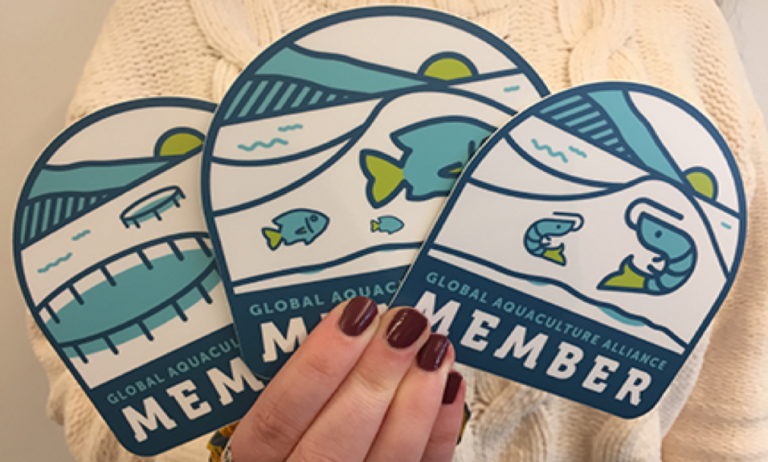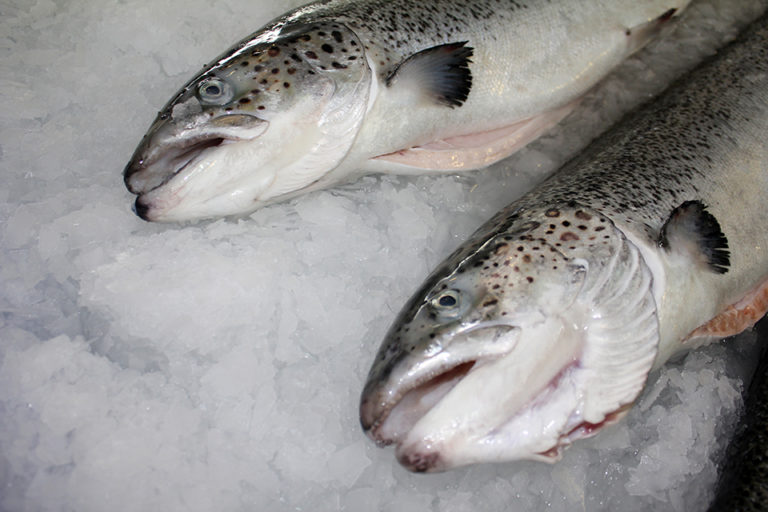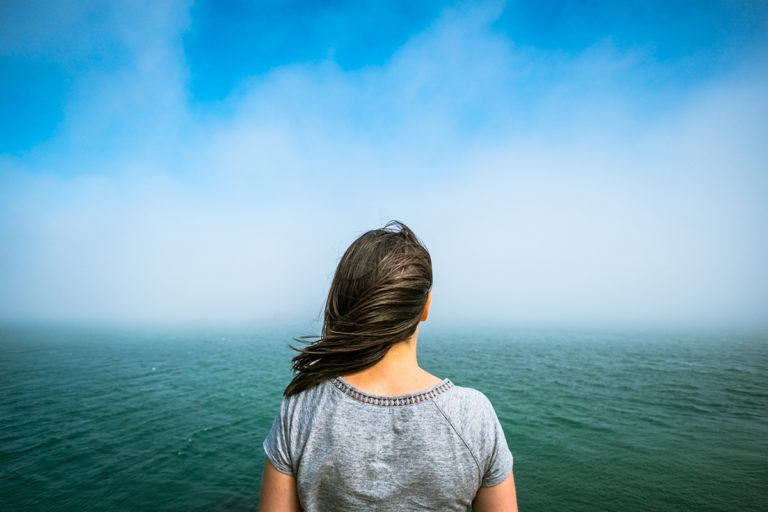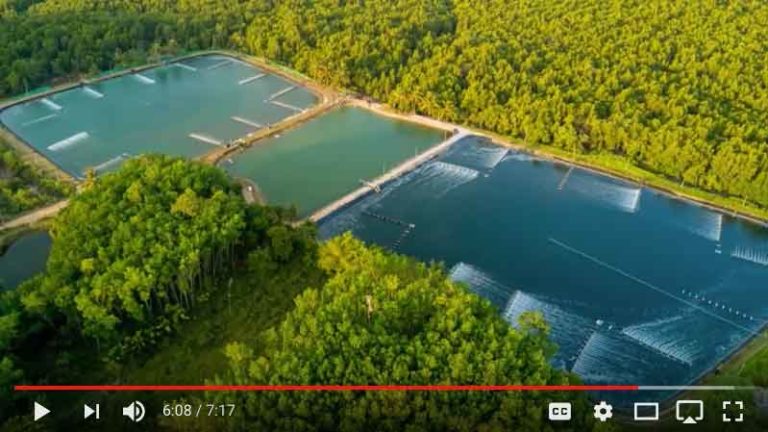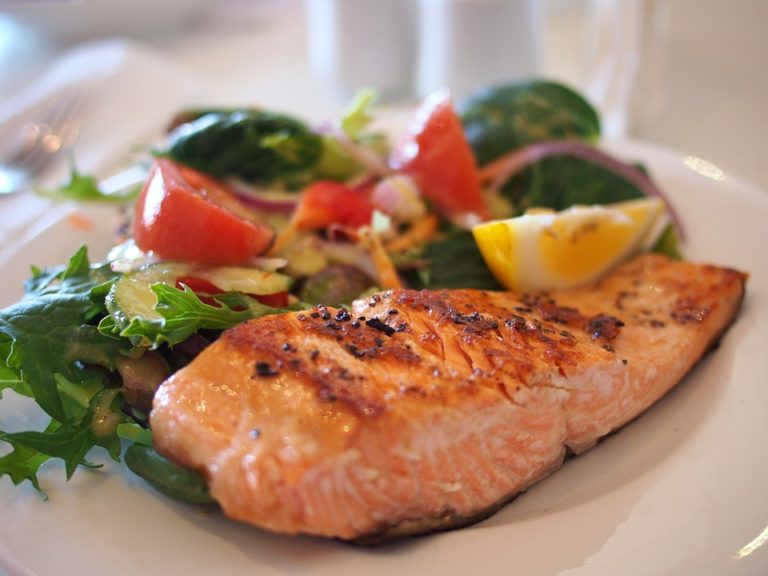
BAP Spotlight Story: DATAJ Aquafarm Inc.
The Best Aquaculture Practices (BAP) program’s “Spotlight Series” highlights BAP-certified producers around the world and the stories of the people behind them. This Spotlight Story features DATAJ Aquafarm Inc., a shrimp farm in the Philippines. Questions answered by Marian Cristi Tamayo, President of DATAJ. What inspired you to become involved in the seafood industry? There are several

